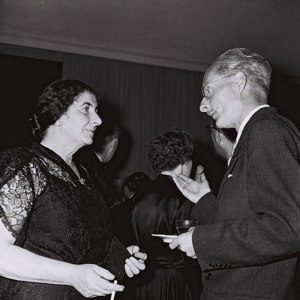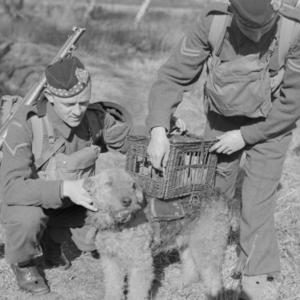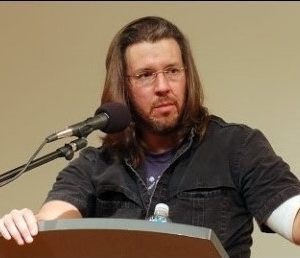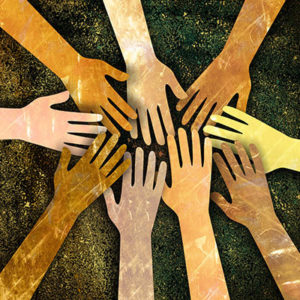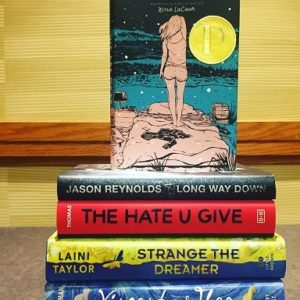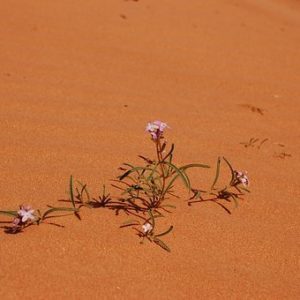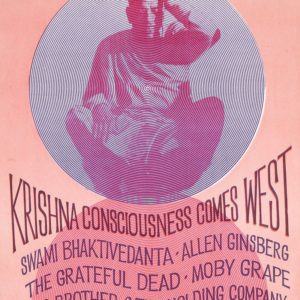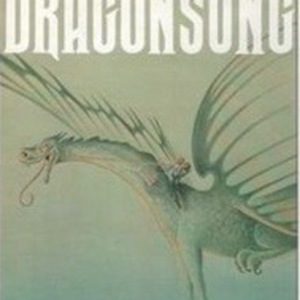
The Empowering Legacy of Science Fiction
Davidson traces an arc through her life story which began when a fifth-grade teacher gave her a copy of the novel Dragonsong by Anne McCaffrey. This gesture, combined with the bold and self-affirming nature of a novel featuring a determined young female protagonist, gave Davidson the strength and conviction to surpass her own expectations of … Continued
